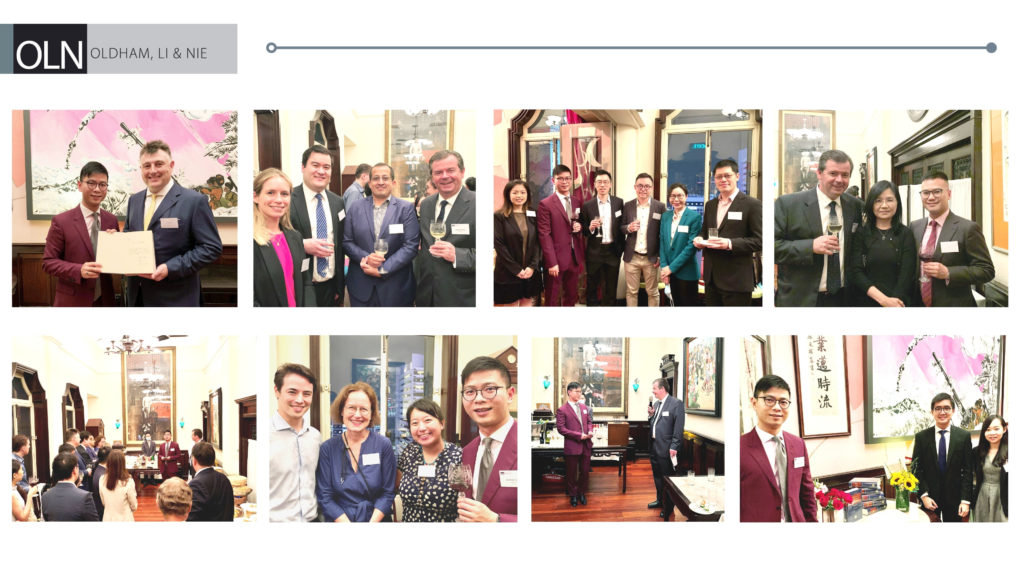Hong Kong has gone from having minimal regulation of cryptocurrencies to where the government now plans to outlaw retail crypto trading and investing. Currently there is no specific legislation aimed at restricting cryptocurrencies in Hong Kong but the SFC regulates anyone involved in trading of cryptocurrencies that fall within the SFO definition of either “securities” or “futures contracts” by requiring them to be licensed. In the most recent development, the Hong Kong government has announced plans to close — within this year or next — the legal loopholes that have allowed most crypto exchanges to operate without restrictions, making licensing mandatory and restricting crypto trading to professional investors.
The Details
Hong Kong has adopted a curious ad hoc approach to regulating crypto. For the past several years, none of Hong Kong’s financial regulators except the Securities and Futures Commission (SFC) have deemed crypto or dealing with it to be worthwhile bothering with.
The position adopted by the Hong Kong Monetary Authority (HKMA) has been that cryptocurrencies are “virtual commodities” and not legal tender or a means of payment or money so crypto and entities that deal with it are outside of the HKMA’s regulatory scope.
This position is more or less the same as that of Hong Kong’s Customs and Excise Department. Its Money Service Supervision Bureau is the primary regulator for money services outside the banking sector in Hong Kong as well as for enforcement of the Anti-Money Laundering and Counter-Terrorist Financing Ordinance (AMLO). Both the C&E Dept. and the MSSB have consistently held that all cryptocurrencies are virtual commodities and not money so all crypto and activities involving it fall outside their jurisdiction.
After initially ignoring all crypto-related activities in Hong Kong, in 2017 the SFC changed its tune by imposing regulatory requirements on all entities conducting activities that involve crypto where the relevant cryptocurrencies meet the definitions of “securities” or “futures contracts” spelt out in the Securities and Futures Ordinance (SFO). Since very few cryptocurrencies meet either of those definitions, the SFC has only required intermediaries to be licensed/registered if their activities involve actual securities as well as crypto.
In November 2020 and then again in May this year, Hong Kong’s Financial Services and Treasury Bureau (FSTB) announced plans to introduce a new licensing regime to directly regulate all “virtual asset exchanges” i.e.: crypto exchanges.
Under the proposed regulations, any trading platform that facilities the offer, sale or purchase of any crypto in exchange for money or other cryptocurrency will fall within the definition of “virtual asset exchanges” and will need to be licensed by the SFC as well as comply with the AML and CTF obligations set out in the AMLO in order to operate lawfully within Hong Kong. Nearly all cryptocurrency exchanges operating in Hong Kong will need to be licensed by the SFC and will only be allowed to provide services to professional investors.
This new regime is, so far, on track to be established later this year. For crypto exchanges and even online payment processing businesses that accept crypto here in Hong Kong, these restrictions present a dilemma: either incur the huge costs of getting licensed by the SFC or leave Hong Kong. Although this will have an impact on the use and trading of crypto in Hong Kong, it is questionable whether it will have the desired effect of protecting Hong Kong’s retail investors from scams since many of them are already using overseas exchanges and will likely continue to do so after the new restrictions are introduced.
 Suite 503, 5/F, St. George's Building, 2 Ice House Street, Central, Hong Kong
Suite 503, 5/F, St. George's Building, 2 Ice House Street, Central, Hong Kong +852 2868 0696
+852 2868 0696









